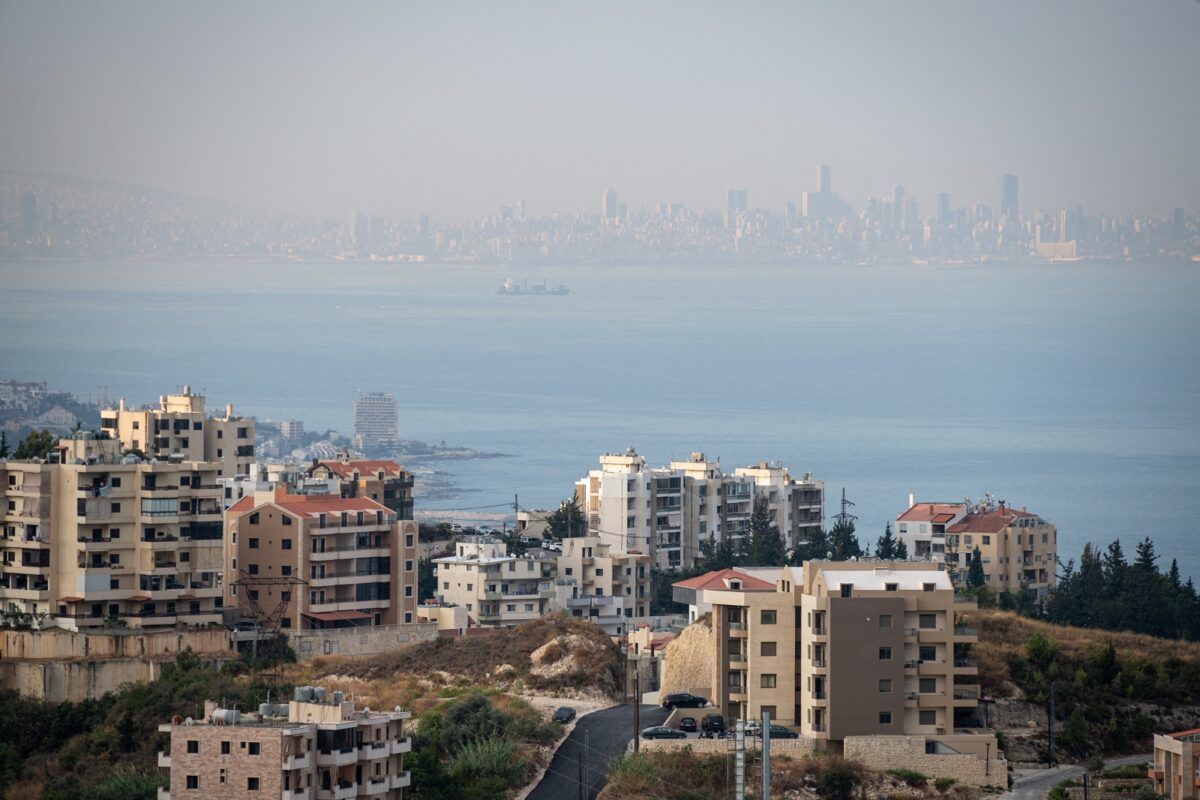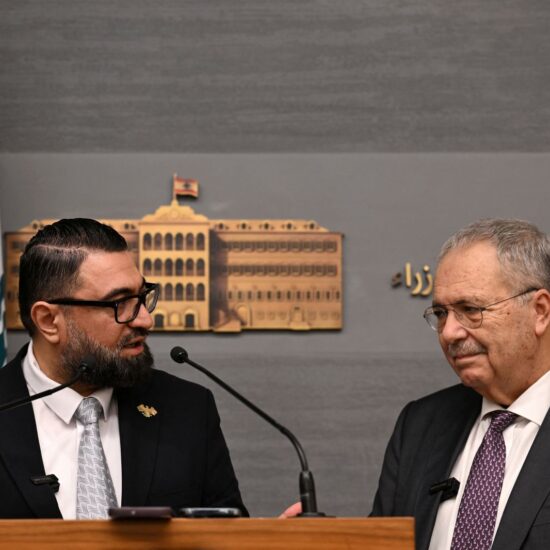
Air pollution and threatened public health: how the heavy usage of diesel generators is making Beirut’s air cancerous
Scientists from the American University of Beirut (AUB) are set to release a study that reveals how the heavy usage of diesel generators over the past five years in the Lebanese capital has led to a 50 percent increase in the likelihood of developing cancer. Cancer diagnosis is becoming more frequent, according to oncologists in the country.
Studies have highlighted the association between air pollution and increased cancer risk, underscoring the importance of addressing air quality issues in Lebanon through measures such as stricter regulations on emissions, promotion of cleaner transportation methods, increased green spaces and public awareness campaigns.
According to Najat Saliba, AUB Professor and environmental activist, cancer risk is calculated based on the carcinogen materials emitted from diesel generators, some of which are classified as category 1A carcinogens. For Saliba, the billions of dollars pumped into Lebanon by various international donors for infrastructure improvement projects have not corrected the most basic issues. In her opinion, there is still no clean air, water or soil.
The electricity sector in Lebanon was noticeably impacted by a debilitating recession in 2019, leading to an increased reliance on pricey diesel-powered generators. Electricity providers such as Électricité du Liban (EDL) have drastically lessened their operations due to insufficient funds to buy fuel, delivering inconsistent and unreliable man-powered ration hours. As a result, Lebanese consumers have instead turned to costly and polluting private generators that operate on non–renewable sources of energy.
Previously, generators served only to supplement expiring national grid provision in Lebanon, according to the AUB’s research team. However, with the economic turmoil of 2019, generators were forced to operate as the primary source of electricity for 20 hours a day. Now there are up to 8,000 private generators that power households and businesses in Lebanon.
This industry also equates to an increase in diesel pollution exposure for residents, which might lead to dangerous health outcomes such as cancer, cardiovascular problems and respiratory diseases. For residents, who earn approximately 150 dollars a month, chemotherapy treatment is practically impossible.
A total of 900 million dollars worth of diesel was imported by Lebanon for generators in 2017. This figure was reported to have risen to 1.9 billion dollars by 2022.
As of 2020, oncologists based in Beirut believe that the prevalence of cancer has increased by approximately 30 percent each year. Though there are no concrete figures available yet, it has been widely noted that patients are becoming younger and their cancer cases more severe and fast-acting.
Nasser Yassin, the Minister of Environment in Lebanon’s caretaker government, said the findings were “extremely worrying” and that he planned to raise the issue at next Cabinet meetings. “The presence of this large number of generators and their use most of the time is an anomaly and should be reduced through better and cleaner sources of electricity,” Yassin told The National.
In collaboration with the AUB research team, the Environment Ministry issued new and stricter guidelines for generator filters last autumn to reduce the pollutants emitted.
Potential solutions
Addressing air pollution in Lebanon requires concerted efforts from government authorities, industries, and the public. Implementing stricter regulations on vehicle emissions, promoting cleaner energy sources, improving waste management practices, and increasing public awareness about the health impacts of air pollution are essential steps in reducing air pollution levels and mitigating its adverse effects on public health, including the risk of cancer.
Addressing air quality issues in Lebanon and mitigating the associated rise in cancer risks require comprehensive strategies.
NOW spoke with George Karam, environmental researcher at UNEP, on his insights on potential solutions to improving Lebanon’s air quality.
“Transition to clean energy by investing in renewable energy sources such as solar, wind, and hydropower to reduce reliance on fossil fuels for electricity generation can help decrease air pollution from power plants and other sources like generators,” Karam explained to NOW. This comes along with waste management reforms, public awareness campaigns, research and monitoring.
Studies have furtherly shown that individuals living in areas with high levels of air pollution have a higher incidence of lung cancer and other types of cancer compared to those living in cleaner environments. However, it is important to note that cancer development is multifactorial, and while air pollution is a significant risk factor, it often interacts with other factors such as smoking, genetics, and lifestyle choices.
In an interview with NOW, Dr. Rana Zahreddine – researcher at AUB’s Faculty of Medicine – explained more about how air pollution contributes to the development of cancer in the human body. As she said, “air pollution contains carcinogenic compounds such as polycyclic aromatic hydrocarbons, volatile organic compounds and heavy metals which can enter the body through inhalation.”
According to Dr. Zahreddine, these substances cause DNA damage and mutations, increasing the risk of cancer development. “Prolonged exposure to air pollution can weaken the immune system’s ability to detect and destroy abnormal cells, facilitating the development of cancer,” she explained.
Zahreddine and other experts interviewed in this piece see that healthcare professionals can collaborate with policymakers and environmental organizations to drive meaningful change, emphasizing the urgency of addressing the sources of air pollution and prioritizing pollution control measures.
Rodayna Raydan is a Lebanese-British journalist. You can follow her on Twitter @Rodayna_462
The views in this story reflect those of the author alone and do not necessarily reflect the beliefs of NOW.








